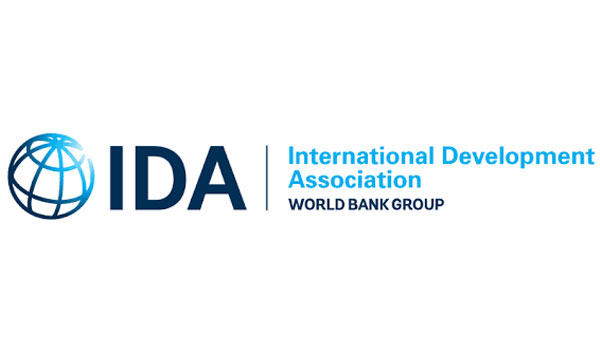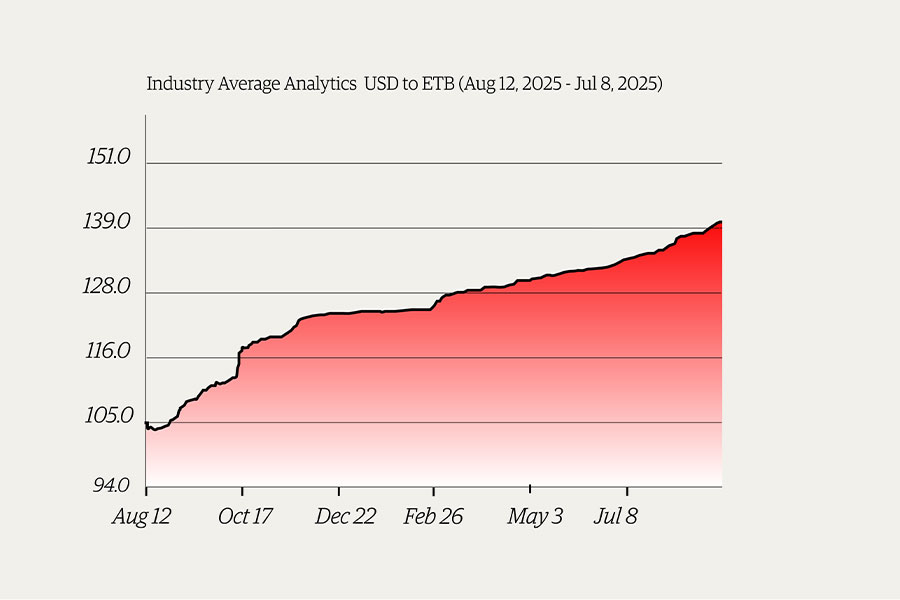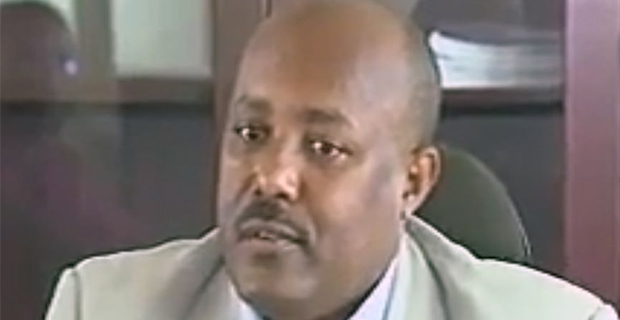
Editorial | Jun 15,2024
Nov 27 , 2018
By Eden Sahle
Abuse of power, incompetence and corruption can never be permanent, but it leaves permanent scars on a nation and its people. And without accountability and checks and balances in government, there will always be the risk of repeating crimes and misdemeanours on the public.
How institutions work and who gets to control them fuels corrupt behaviours in all ladders of leadership. This has been one of the highest problems in terms of overall negative economic impact. Corruption has the greatest impact on the poor and most vulnerable, increasing costs of commodities and reducing access to services and public goods, including health, education and justice.
In many African nations, irresponsibility, fraud and dishonesty are embedded in the culture of politics, not to mention the bureaucracy. Rarely do the offenders pay the price in the end. It is the public that foots the bill.
Data on international financial flows shows that money is moving from poor countries such as Ethiopia to wealthy countries in ways that fundamentally undermine development. Much of the world's grandest forms of corruption could not happen without institutions in wealthy nations, according to the World Bank.
Corruption erodes trust in institutions and undermines societal needs. The values that can help us to grow and develop as a country vanish with leaders failing the nation and the people repeatedly. Skilled and qualified people are pushed aside from entering politics and leadership. They are prevented from contributing to the country’s development.
In Ethiopia, as in many African countries, power is not institutionalised and politics has pervaded democratic institutions and the bureaucracy. This has made implementation of policies to fight corruption and good governance complicated.
Thus, holding leaders accountable, and making this process transparent should be of highest import. It sends a message that reform is possible and that corruption and misuse of power is not tolerated. Of course, ensuring that this process is fair and that justice is blind is of prime importance.
It is estimated that bribes drain off around 1.5 trillion dollars from the global economy annually. Much of that money goes into the pockets and foreign bank accounts of a few. This is money that could have been used for public investment in schools, hospitals, roads and clean water, all of which are necessary to lift countries out of poverty.
By degrading social norms and civic virtues, not to mention the rule of law on which investment depends, corruption destroys the foundations of a healthy economy. For Ethiopians, who have to endure bureaucrats in government offices to get services, this is not an academic debate, as we pay the costs of corruption daily.
Every bill that corrupt officials and corrupt business people put in their pocket is money stolen from the people who die of lack of health care, starve for lack of food and remain poor due to a lack of education as well as communities that deserve a better standard of living.
The country should have zero tolerance for corruption. Bringing offenders to justice without considering political affiliations can pave a strong foundation on the effective use of resources, enhancing accountability on the side of the judiciary and the executive.
This is not just a case of empowering the courts to act independently. Consistently holding officials answerable to how they conduct themselves and administer public resources is a necessary means of addressing the problem. And that requires commitment greater than the platitudes emanating from politicians. This is a job for an informed public, a media that can see beyond what it is told to see and a professional bureaucracy.
Government-wide support and media involvement is necessary in fighting corruption. Strong institutional systems are important for increasing transparency, conducting impartial analysis of evidence, setting the rules of good governance and bringing those who break the law to justice.
Establishing strong institutions such as an independent judiciary; a transparent system to manage public resources and prevent corruption; and a multiparty parliament that makes it its objective to scrutinise the executive can expand the effective use of resources.
Establishing public complaint mechanisms can encourage and empower integrity, and scrutinising government activities and implementation keeps officials accountable. Tackling all forms of corruption is critical for progress and bringing sustainable change to Ethiopia.
PUBLISHED ON
Nov 27,2018 [ VOL
19 , NO
970]

Editorial | Jun 15,2024

Fortune News | Nov 30,2019

Radar | Nov 14,2020

Radar | Jan 25,2020

Fortune News | Jun 01,2019

Fortune News | Jan 12,2019

Commentaries | Jan 23,2021

Money Market Watch | Sep 14,2025

Fortune News | Mar 12,2020

Fortune News | Oct 19,2019

Photo Gallery | 180627 Views | May 06,2019

Photo Gallery | 170821 Views | Apr 26,2019

Photo Gallery | 161906 Views | Oct 06,2021

My Opinion | 137301 Views | Aug 14,2021

Dec 22 , 2024 . By TIZITA SHEWAFERAW
Charged with transforming colossal state-owned enterprises into modern and competitiv...

Aug 18 , 2024 . By AKSAH ITALO
Although predictable Yonas Zerihun's job in the ride-hailing service is not immune to...

Jul 28 , 2024 . By TIZITA SHEWAFERAW
Unhabitual, perhaps too many, Samuel Gebreyohannes, 38, used to occasionally enjoy a couple of beers at breakfast. However, he recently swit...

Jul 13 , 2024 . By AKSAH ITALO
Investors who rely on tractors, trucks, and field vehicles for commuting, transporting commodities, and f...

Nov 1 , 2025
The National Bank of Ethiopia (NBE) issued a statement two weeks ago that appeared to...

Oct 25 , 2025
The regulatory machinery is on overdrive. In only two years, no fewer than 35 new pro...

Oct 18 , 2025
The political establishment, notably the ruling party and its top brass, has become p...

Oct 11 , 2025
Ladislas Farago, a roving Associated Press (AP) correspondent, arrived in Ethiopia in...

Nov 2 , 2025
The National Bank of Ethiopia (NBE) has scrapped the credit-growth ceiling that had s...

Nov 2 , 2025 . By SURAFEL MULUGETA
The burgeoning data mining industry is struggling with mounting concerns following th...

Nov 2 , 2025 . By YITBAREK GETACHEW
Berhan Bank has chosen a different route in its pursuit of a new headquarters, opting for a transitional building instea...

Nov 2 , 2025 . By BEZAWIT HULUAGER
Nib International Bank S.C. has found itself at the epicentre of a severe governance...